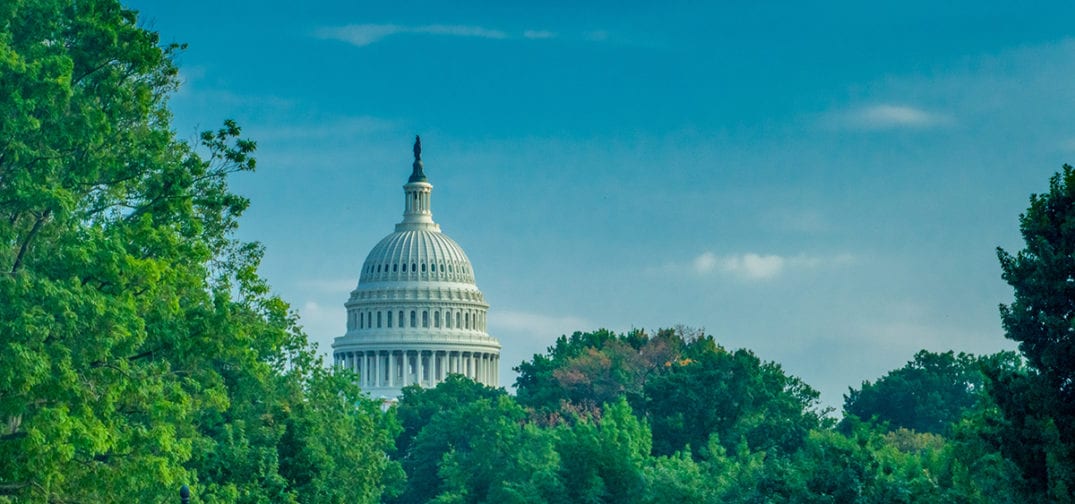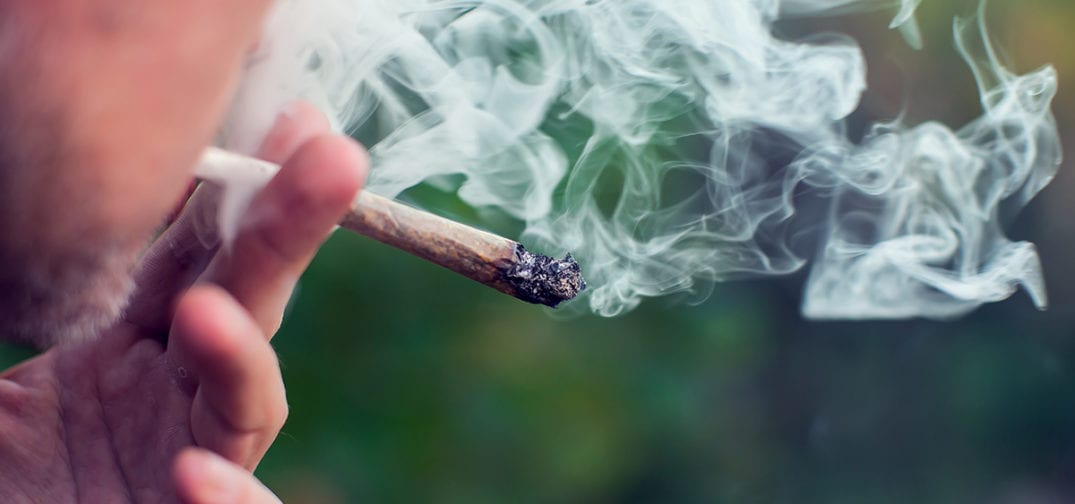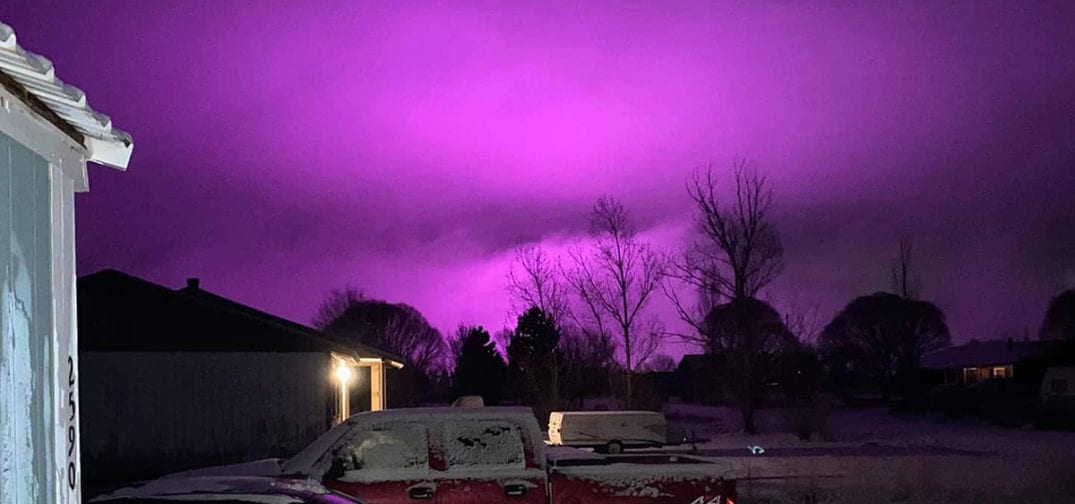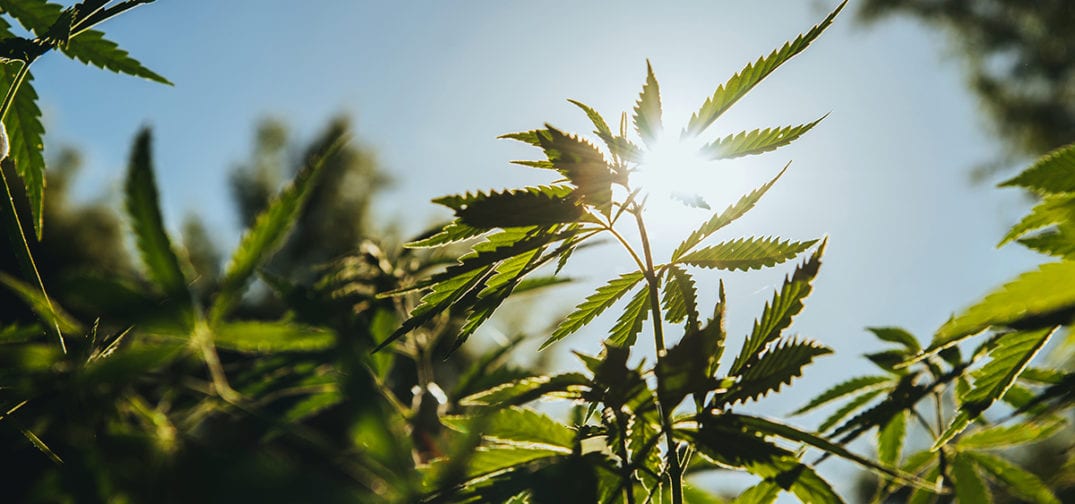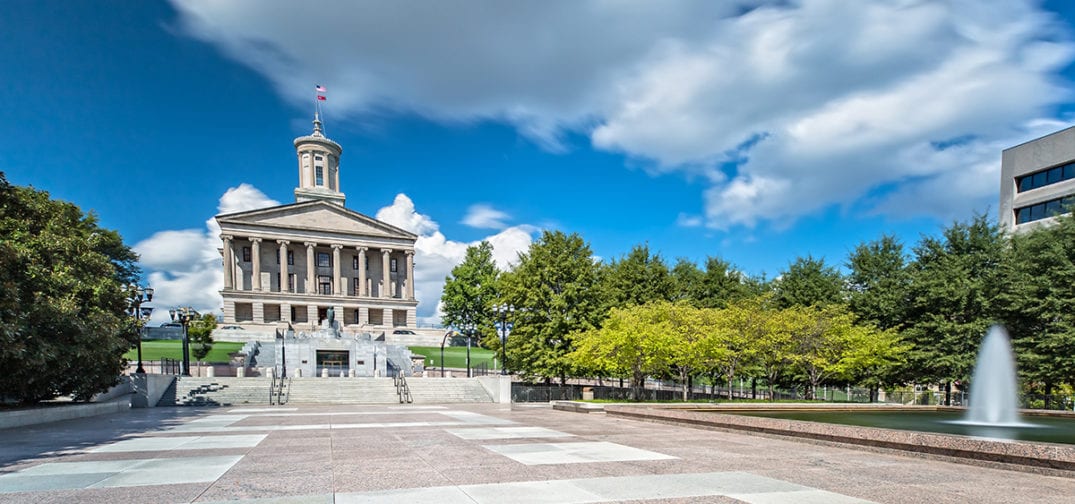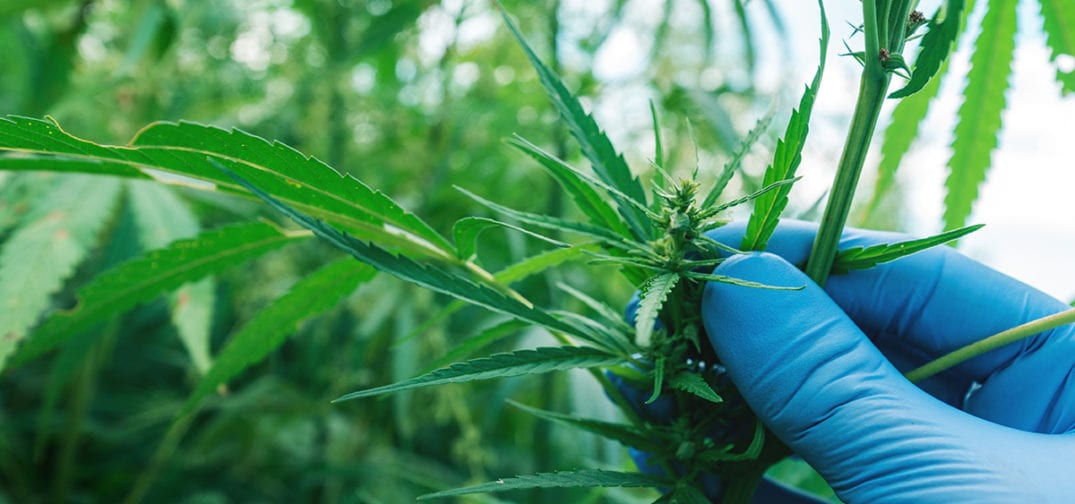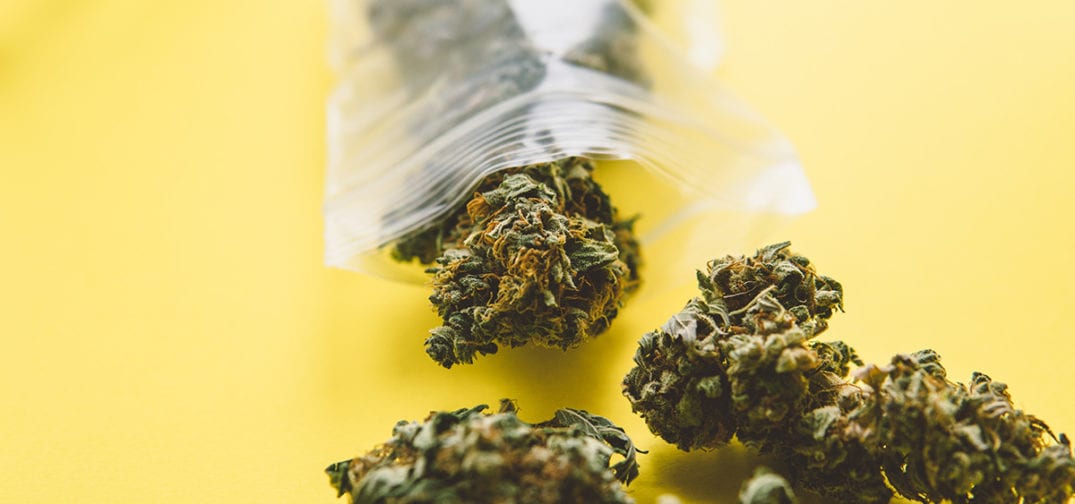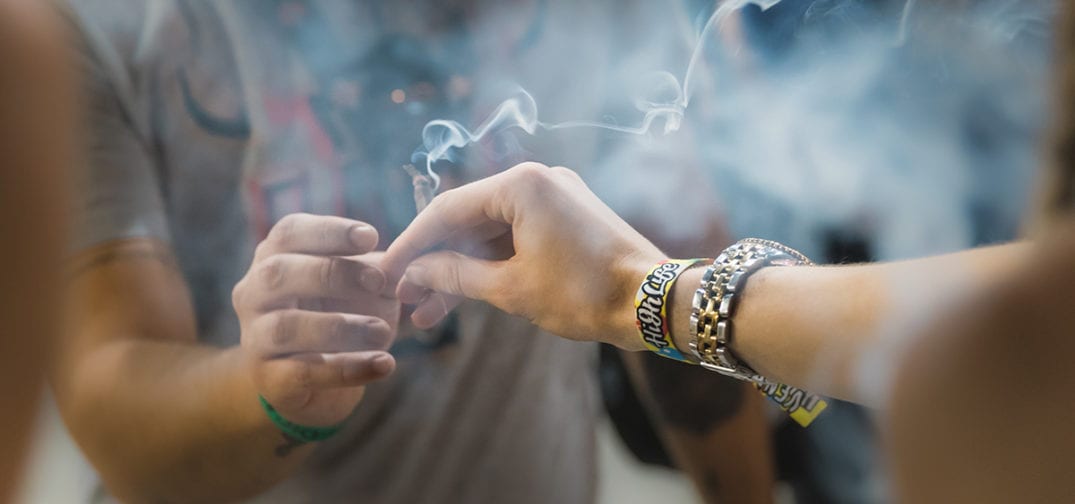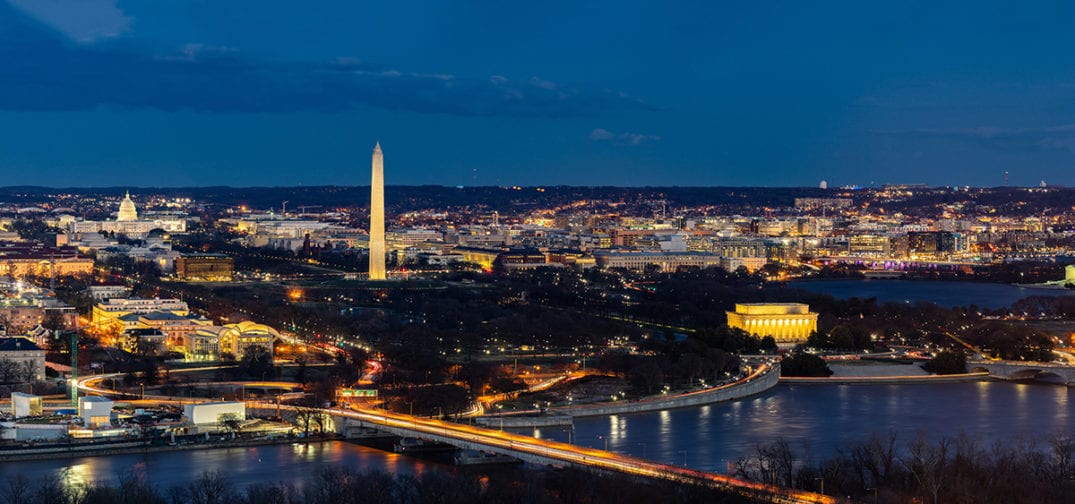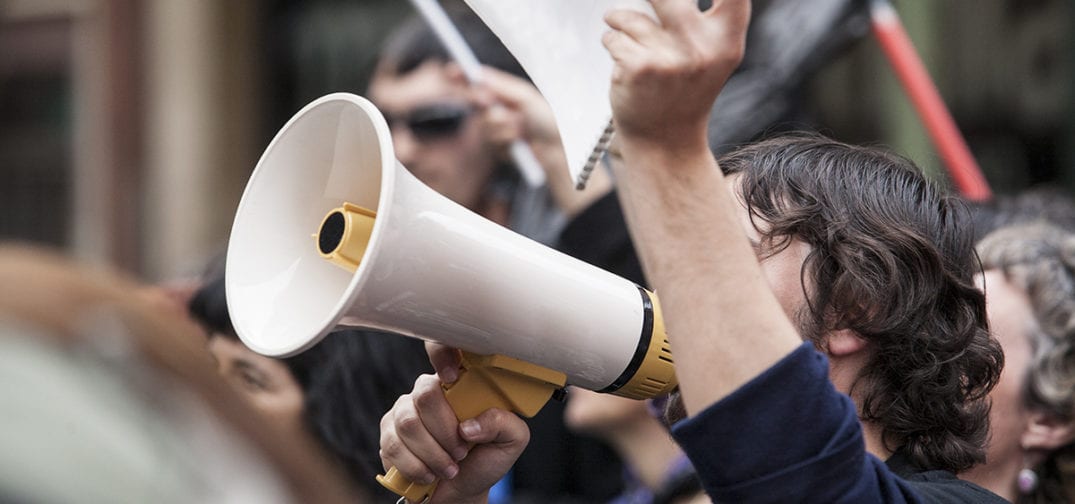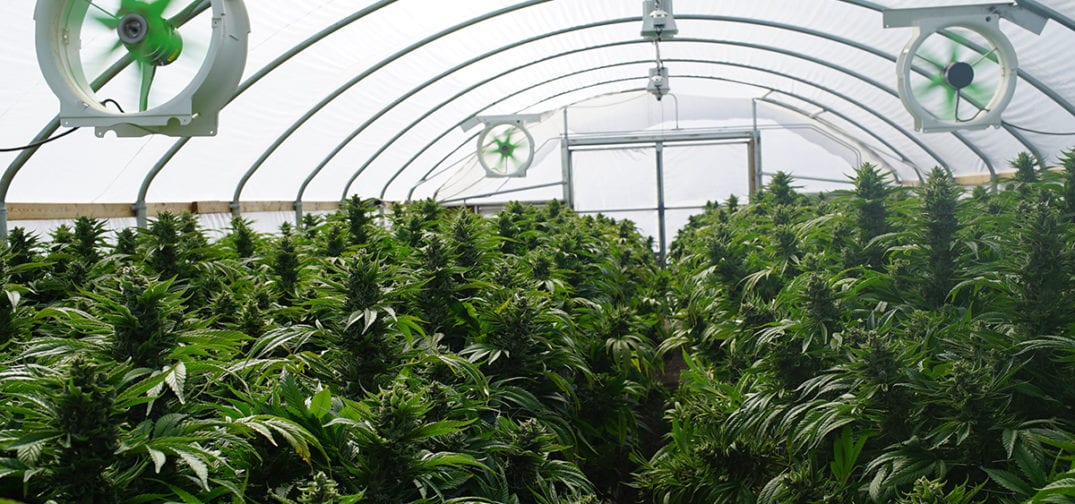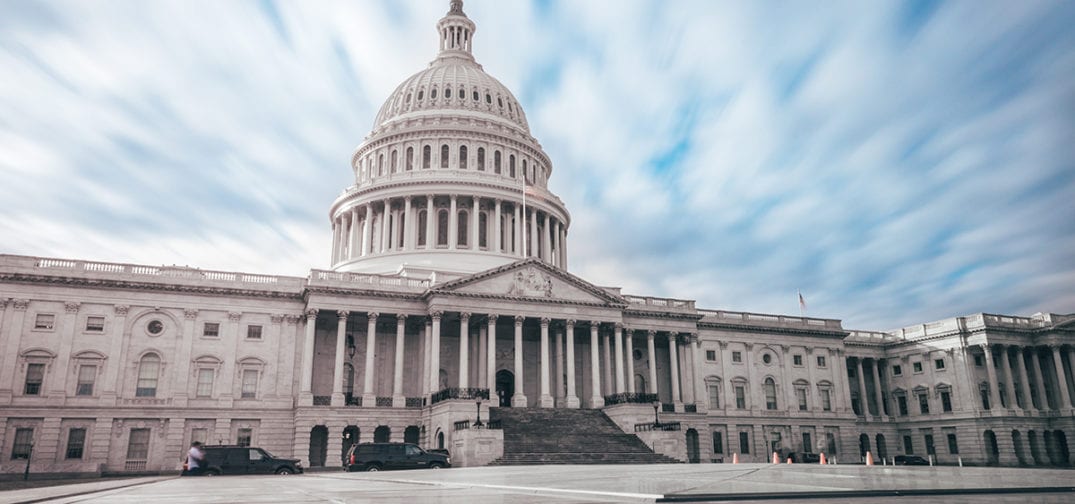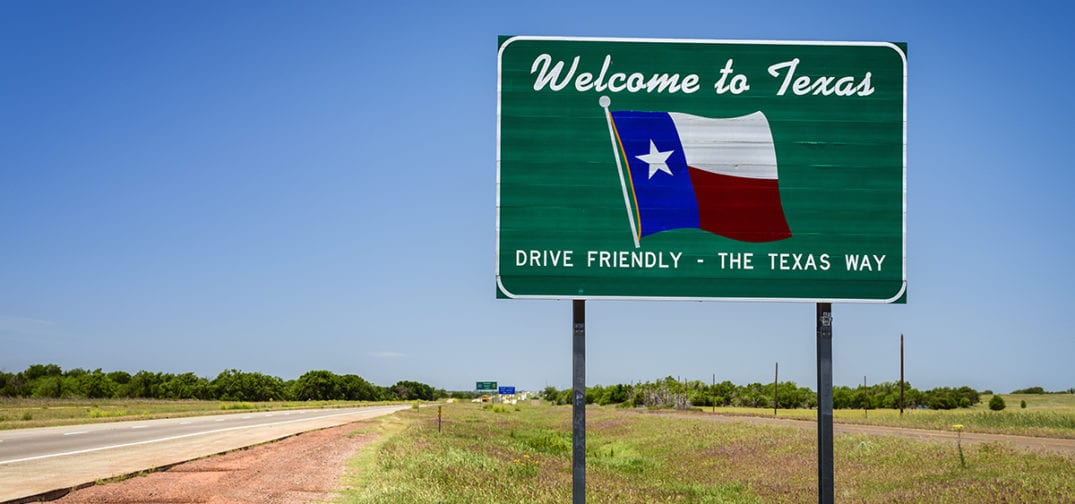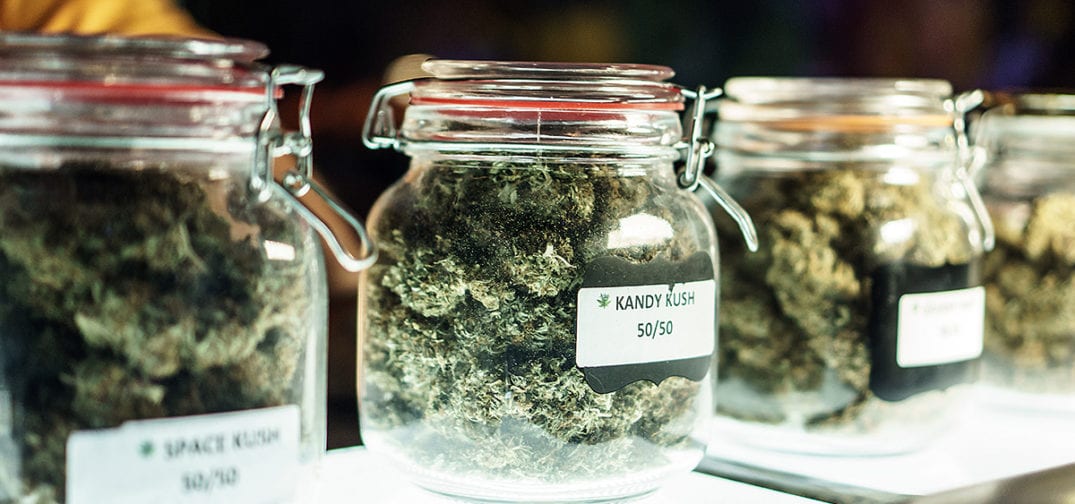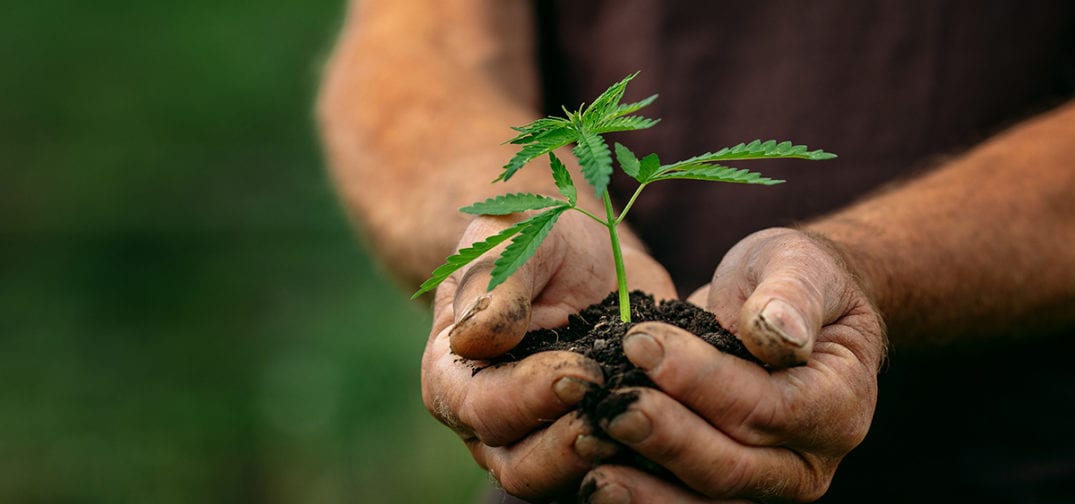On January 1, Illinois rolled out what is set to become the second-largest recreational cannabis market in the world. And, like the world’s largest market, California, the legislation has written in broad social equity and criminal justice provisions, along with protections for organized labor. In fact, organized labor helped push Illinois’ legalization measure across the finish line during the state’s last legislative session.
How organized labor is fighting for an equitable industry
Union involvement in the legal cannabis industry is a trend that is growing as more and more states consider adult-use legislation. The burgeoning cannabis industry is opening up tens of thousands of employment opportunities, presenting an opportunity for unions like United Food and Commercial Workers (UFCW) and the Teamsters to increase their membership. This is happening in many newly legal states through labor peace agreements. A labor peace agreement (LPA) is an arrangement between a union and an employer under which one or both sides agree to waive certain rights under federal law with regard to union organizing and related activity. Generally, under an LPA, management promises to not dissuade employees from unionizing and to afford union organizers greater access to the workplace. Unions, in turn, agree not to encourage strikes. While typically these agreements are negotiated voluntarily, some state and local governments have attempted to impose LPAs by law. And that is exactly what’s happening in the cannabis industry.
New York became the first state to mandate that all medical cannabis facilities sign a labor peace agreement with a union to receive a license. More recently, California became the first adult-use state to create such a mandate by signing into law Assembly Bill 1291, which amends existing cannabis regulations to mandate that employers with 20 or more employees maintain a labor peace agreement as a condition of obtaining a state cannabis license.
While the newly established Illinois market does not have such a mandate, there is a benefit to cannabis companies who negotiate LPAs. The Illinois law operates on a point system and awards five out of a possible 250 points for employers who maintain labor peace agreements, incentivizing potential licensees to sign LPAs.
Why cannabis?
As a new industry, cannabis represents an opportunity to significantly boost membership for unions. Unions also want to ensure that the rapidly expanding industry doesn’t exploit workers. According to the UFCW, currently the largest cannabis union, workers that have unionized in the industry have been able to negotiate annual raises, health insurance subsidies, and higher-than-average wages. Along with creating an equitable workforce, organized labor has also been at the front lines of ensuring equity in ownership through legislation, particularly for those disproportionately impacted by the war on drugs.
While some states are enforcing LPAs and incentivizing companies to allow workers to unionize, many cannabis companies are voluntarily encouraging unionization – an atypical stance for any business. In cannabis, though, unionization can signal legitimacy and a dedication to creating a safe and fair work environment in an industry rife with problematic labor practices.
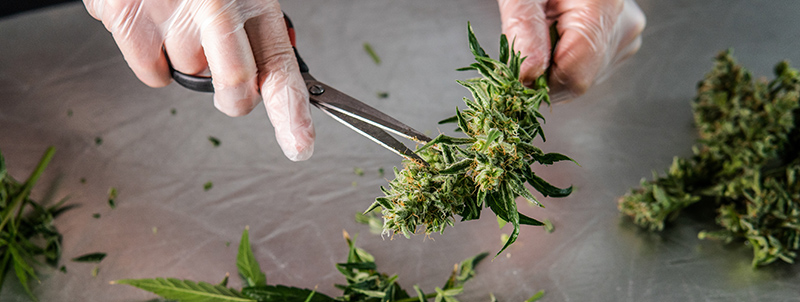
Nearly every organization that has voluntarily unionized has issued a press release touting the company’s commitment to a strong, independent workforce, as well as social justice more broadly. Last month, when Sira Naturals became the first cannabis company in Massachusetts to unionize, the company’s founder and president issued a statement:
“As the largest cannabis union in the country, we believe UFCW will be a strong partner in paving the way for a new generation of union agreements that reflect the importance of a strong and independent labor force in the cannabis industry.” — Michael Dundas, Founder of Sira Naturals, in a press release
Similarly, when employees for the Have a Heart dispensaries in Seattle signed the first collective bargaining agreement for cannabis workers in Washington state, the company issued the following statement: “We consistently strive to have a positive impact in the neighborhoods where we do business, and we see our partnership with [UFCW Local 21] as part of our commitment to creating a safe and empowering workplace.”
The cannabis industry’s willingness to unionize follows a trend of the industry trying to shake the stigma of a former black market, as well as a trend of problematic labor practices, through corporate social responsibility efforts. Indeed, because legalization measures are tied to repairing the past harms of the war on drugs, the industry has a unique opportunity to be a leader in corporate social responsibility, and that includes allowing employees to organize. Whatever the impetus, the growing trend to unionize the industry will help to ensure that beyond equity in ownership, the industry is also committed to building an equitable workforce.
Editor’s note: This article is an editorial contribution from the Last Prisoner Project. Learn more at LastPrisonerProject.org.
